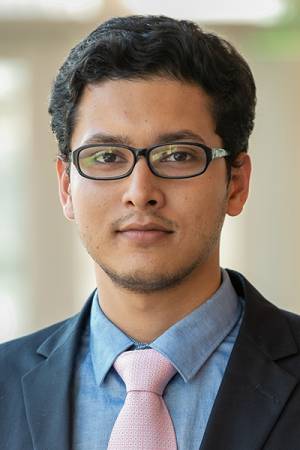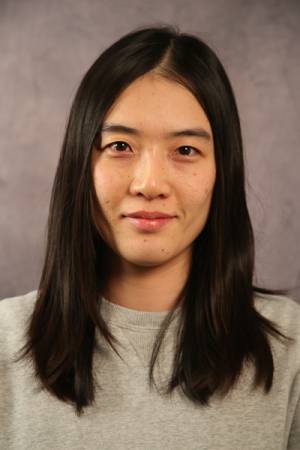Student Talks
Towards Controllable Sampling and Diverse Score Distillation in Diffusion Models
Abstract: Denoising diffusion models have emerged as a powerful paradigm for generative modeling, which has been widely used for perception, generation, and action. These models can be utilized through sampling or score distillation; however, existing methods lack controllability in sampling and suffer from limited diversity in score distillation. In this thesis, we propose two complementary mechanisms to enhance the [...]
RESCUE Rollers: A Platform for Collaborative, Multi-robot Exploration in Search and Rescue
Abstract: The use of robotic platforms for search and rescue remains a significant challenge for many roboticist. While human and animal first responders play critical roles, their effectiveness can be limited by biological constraints. Robotic systems offer the potential to overcome these limitations, especially in environments inaccessible to humans and animals due to size or [...]
Scaling, Automating and Adapting Sim-to-real Policy Learning
Abstract: Building a generalist robot capable of performing diverse tasks in unstructured environments remains a longstanding challenge. A recent trend in robot learning aims to address this by scaling up demonstration datasets for imitation learning. However, most large-scale robotics datasets are collected in the real-world, often via manual teleoperation. This process is labor-intensive, slow, hardware-dependent, [...]
Generative 3D Garment Modeling with Sparse Visual Cues
Abstract: As digital apparel becomes increasingly vital to virtual environments and personalized experiences, there is a growing need for intuitive tools that enable non-experts to create and interact with 3D garments. To broaden accessibility, these tools must function effectively with minimal input - raising the key question: How can we achieve high-quality 3D garment modeling [...]
Towards Pragmatic Time Series Intelligence
Abstract: This thesis aims to democratize time series intelligence by making advanced modeling capabilities accessible to users without specialized machine learning knowledge. We pursue this goal through three complementary contributions that build foundation models, improve our understanding of them, and address challenges emerging in their practical use. We start by introducing MOMENT, the first family [...]
3D Understanding for Zero-Shot Task-Oriented Grasping via Grounding Symbolic Representations
Abstract: Task-oriented grasping requires robots to reason not only about object geometry, but also about the function and semantics of object parts in context. While large language models (LLMs) offer powerful commonsense knowledge, they lack grounding in physical geometry. This talk explores how symbolic object representations can bridge that gap, enabling LLMs to guide grasp [...]
Towards Efficient and Accurate Neural Geometry and Appearance Representations
Abstract: Neural scene representations have transformed the way we model and understand the visual world, enabling stunningly realistic reconstructions from image data. However, these advances often come at a significant computational cost, particularly due to the inefficiencies in volume rendering. In this talk, I’ll present GL-NeRF, a new approach that tackles this challenge from a [...]
Advancing Spacecraft Autonomy: Optimal GNC, Vision-Based Estimation, and Systems Integration for Small Spacecraft
Abstract: Optimization and machine learning-based methods are increasingly critical in enhancing the autonomy, efficiency, and overall return on investment (ROI) of small, resource-constrained spacecraft. By enabling more effective decision-making, adaptive control, and robust state estimation, these techniques expand mission capabilities while operating within strict mass, power, and computational limitations. This thesis builds on previous contributions [...]
Carnegie Mellon University
Robotic Manipulation and Dense Tracking for Complex and Deformable Object Dynamics
Abstract: Many everyday human actions—like adjusting the grip on a tool or folding clothes—require the ability to handle complex dynamics involving shifting contact, deformability, or high-speed motion. While easy for humans, object manipulation with complex dynamics or rapidly changing contact conditions presents significant challenges for robots. Enabling robots to perform complex dynamic manipulations would greatly [...]
Federated Fine-tuning of Foundation Models under Task and Model Heterogeneity
Abstract: Fine-tuning is crucial for adapting pretrained foundation models (FMs) to specific downstream tasks. When datasets are distributed across multiple clients due to privacy concerns, federated learning (FL) enables collaborative fine-tuning of FMs without requiring data sharing. In this talk, I will present our ongoing work addressing two key challenges in federated fine-tuning of FMs: [...]







